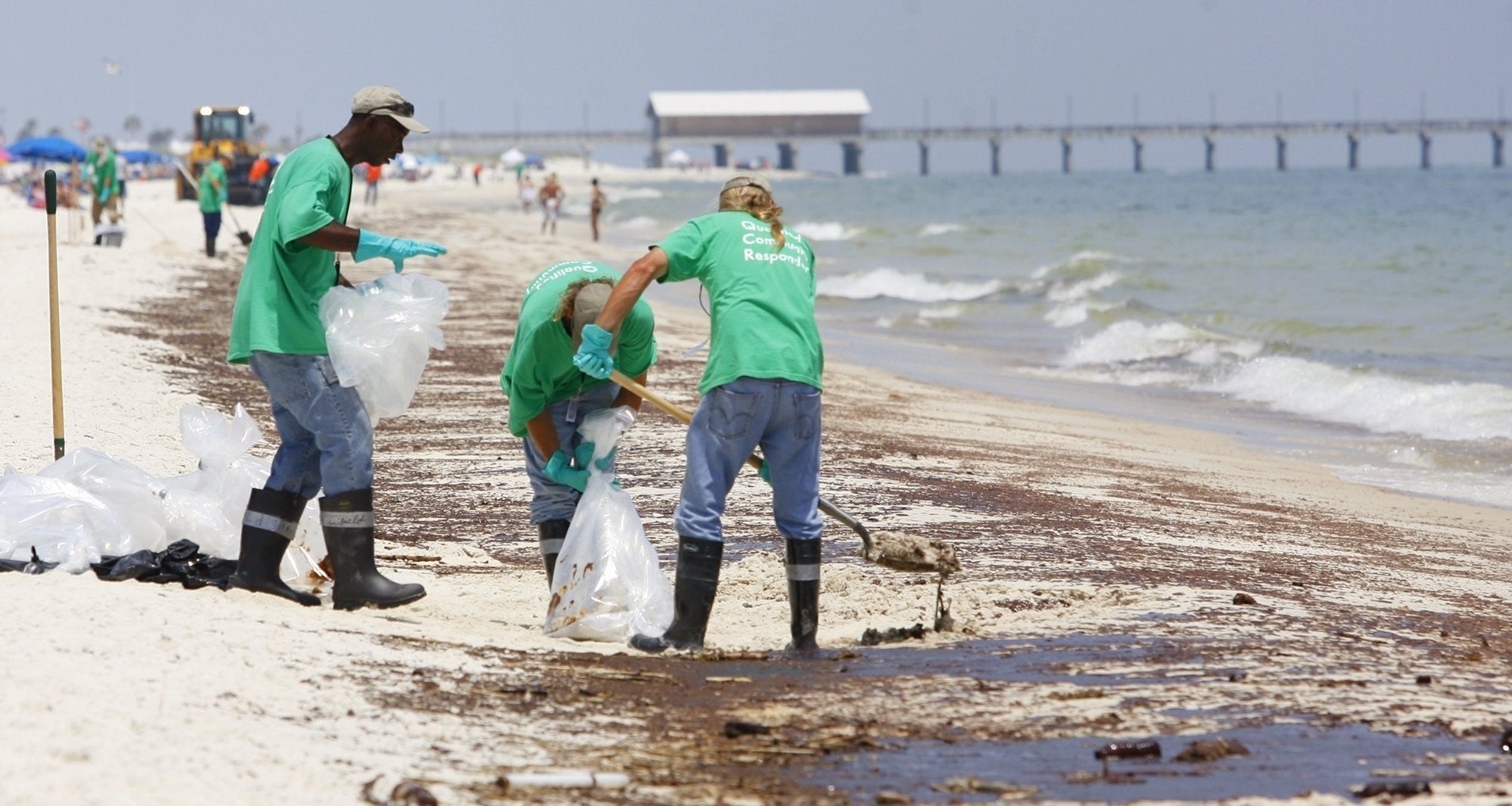
National Academies’ research grant funds novel response to oil spills
An Arizona State University research team is developing a new way to respond to offshore oil spills. Under the direction of College of Public Service and Community Solutions professor Tony Grubesic, researchers are creating a response system that allows input from citizens, business owners, government officials and other stakeholders. The participatory-design software will help responders minimize the ecological and economic damage caused by deep water oil spills.
The Gulf Research Program of the National Academies of Sciences, Engineering, and Medicine announced the ASU-led team will receive a $460,000 grant for the project.
“We hope that the scenario planning projects will help offshore training programs reduce risk by simulating real situations more closely,” said Evonne Tang, director of external funding opportunities for the Gulf Research Program. “We’re also excited to support research that engages community members in science, natural resource management, and the development of tools that can inform coastal management.”
The Gulf Research Program was created as part of the settlement of the 2010 Deepwater Horizon explosion and fire that caused the largest offshore oil spill in U.S. history.
The ASU project will help coastal communities proactively plan effective responses to different kinds of oil spills. The project includes researchers Ross Maciejewski and Jake Nelson from ASU, as well as Ran Wei from the University of Utah..
Grubesic, a professor of policy analytics and director of the Center for Spatial Reasoning & Policy Analytics talked about the research grant.
Q. What do you hope to achieve here?
A. In the simplest terms, we are hoping to make the Gulf of Mexico and its communities more resilient to oil spills. The decision support system under development will help communities and their stakeholders simulate potential spill scenarios, explore the outcomes, and develop more efficient and effective responses to oil spill events.
Q. Can you talk about the difference that open-source participatory design can play when it comes to being proactive about oil spills?
A. Our team views development as a reciprocal, interactive and participatory process. We could build the most amazing software in the world, but if it doesn't function for the Gulf Research Community and its practitioners, nobody is going to use it. By making our project open-source, and by consulting with practitioners in the field, we plan to build a software platform that is flexible, user friendly and can be improved upon by the community over time.
Q. What does this grant mean to you, your research team and ASU?
A. We are grateful for the opportunity to pursue this research and are excited that the Gulf Research Program has invested in the College of Public Service and Community Solutions, as well as Arizona State University. This work represents the best of what we do here at ASU - it is interdisciplinary, collaborative (engaging the University of Utah, San Francisco Estuary Institute and Pacific Northwest National Laboratory) and provides us with a fantastic opportunity to address important social, economic and environmental problems for the United States and the Gulf of Mexico Region.
Grubesic is the author of more than 130 research publications. His recent work focuses on critical infrastructure vulnerability, air transportation systems and broadband internet deployment in the United States. Grubesic has received research funding from the National Academies of Science, the National Science Foundation, the National Institutes of Health and the Institute for Museum and Library Services among others.